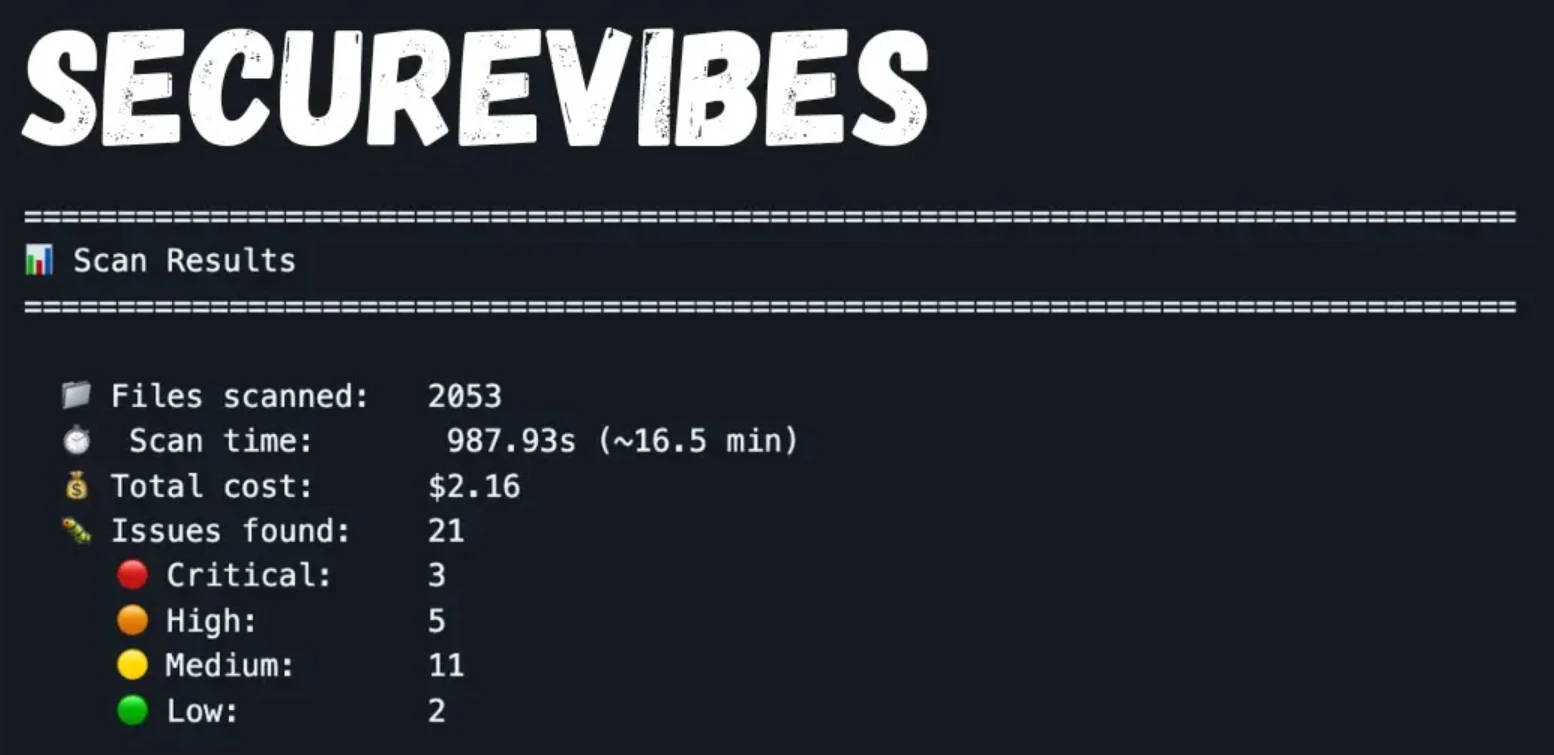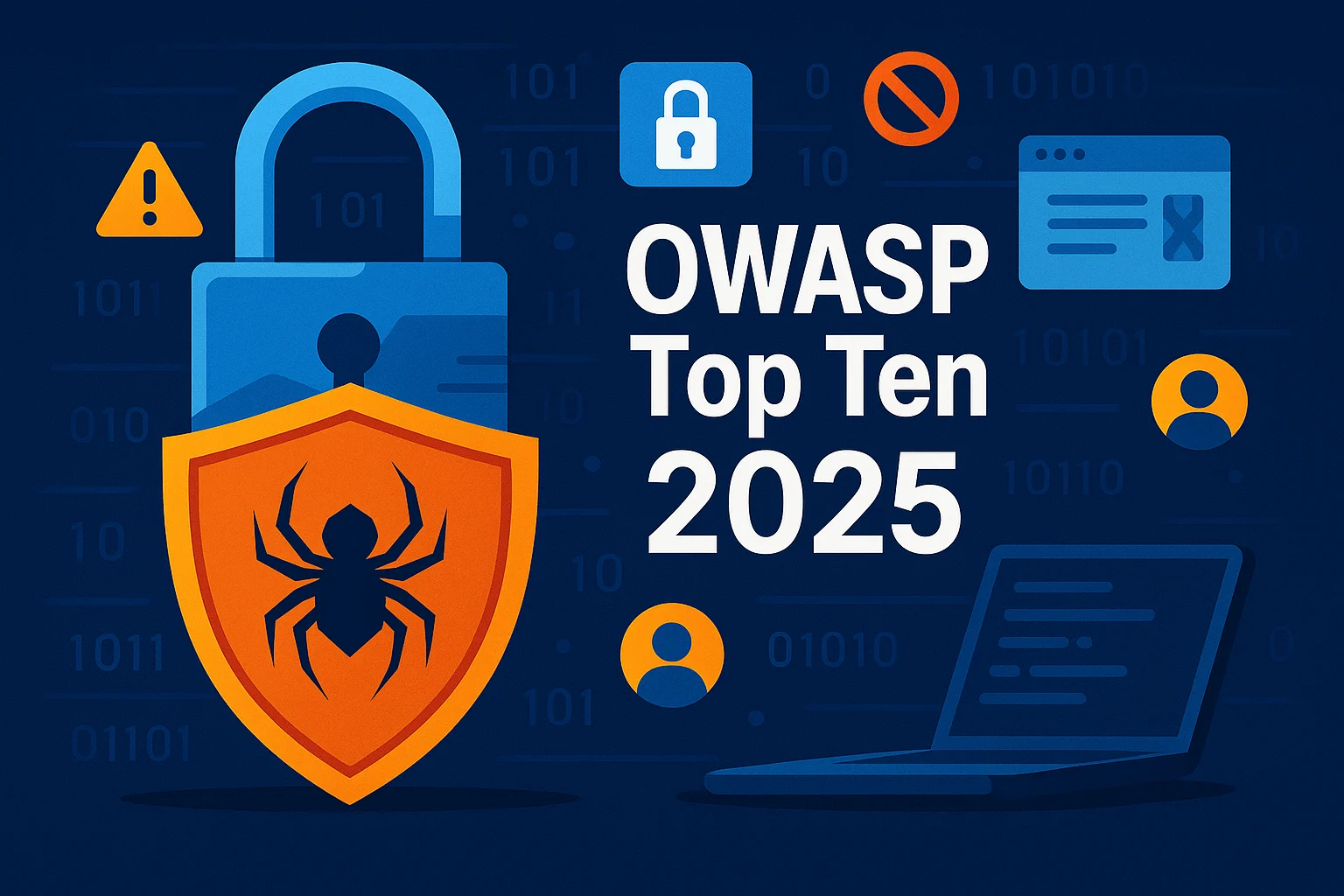In today’s cybersecurity landscape, even the most routine online actions can hide devastating threats. A recent Akira ransomware attack demonstrates how a single click on what appeared to be a standard CAPTCHA verification led to a 42-day security nightmare that nearly crippled a global data storage company.
Read More








